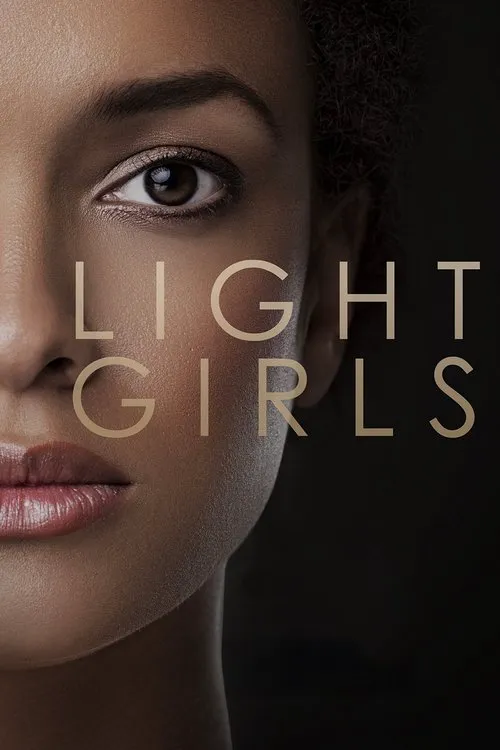Light Girls

Intrigue
Light Girls, a poignant documentary by acclaimed filmmaker Bill Duke, presents a deeply personal and thought-provoking exploration of the complex social dynamics surrounding colorism, a pervasive and insidious form of racism that affects darker-skinned women in both subtle and overt ways. A long-overdue companion to Duke's previous documentary Dark Girls, which delved into the experiences of darker-skinned women, Light Girls offers a nuanced and multifaceted examination of the skin color preferences, privileges, and prejudices that lighter-skinned women often encounter. Through a diverse array of interviews with women such as Russell Simmons, Soledad O'Brien, Diahann Carroll, India Arie, Iyanla Vanzant, Michaela Angela Davis, Kym Whitley, and Salli Richardson-Whitfield, among others, this documentary sheds light on the untold stories and experiences of lighter-skinned women, sparking an urgently needed conversation about the societal implications of skin color. The film commences with an unflinching discussion of the historical roots of colorism, tracing its complex and often sinister beginnings to the transatlantic slave trade, where lighter-skinned individuals were often rewarded with privileges and favors in the brutal social hierarchy of slavery. This pernicious pattern has continued to the present day, with individuals possessing lighter skin enjoying advantages not only in economic opportunities but also in social status and cultural capital. A recurring theme throughout the documentary is the phenomenon of "light skin privilege," where lighter-skinned women are often perceived as more beautiful, intelligent, and worthy of respect. Russell Simmons, hip-hop mogul and social justice advocate, reflects on his own experiences growing up as a darker-skinned individual, recalling how he was frequently subjected to racist microaggressions and slights. Conversely, he observes that his lighter-skinned colleagues and peers often received preferential treatment, including opportunities and attention that eluded darker-skinned individuals. This dichotomy highlights the insidious ways in which societal preferences can influence and even determine our perceptions of beauty, worthiness, and success. The documentary also delves into the ways in which skin color can impact an individual's mental and emotional well-being, with many of the interviewed women sharing their personal struggles with self-acceptance and body image. India Arie, the celebrated singer-songwriter, recounts how she grew up feeling ashamed of her darker skin, believing that it was inherently inferior to her lighter-skinned mother's complexion. Similarly, Iyanla Vanzant, television personality and life coach, reveals how she grappled with feelings of inadequacy and insecurity due to her own darker complexion, which led to a deep-seated struggle with identity and self-worth. Throughout the film, Duke skillfully intersperses these poignant testimonials with powerful images, including vintage photographs and striking footage of women of color from various cultures and time periods. These visuals serve to underscore the film's central argument: that colorism is an insidious force that has been perpetuated across centuries, influencing our perceptions of beauty, identity, and worth. In exploring the ways in which colorism has shaped individual and collective experiences, Light Girls encourages its viewers to confront the often-painful but necessary truths about our societal biases and preferences. As one of the interviewed women observes, "We need to talk about this; we need to be uncomfortable with this; and we need to find a way to heal from this." By engaging in this important dialogue, we may finally begin to dismantle the destructive forces of colorism, fostering a more inclusive and equitable society where all women – regardless of skin color – can thrive and be valued as equal human beings.
Critiques
Recommandations


